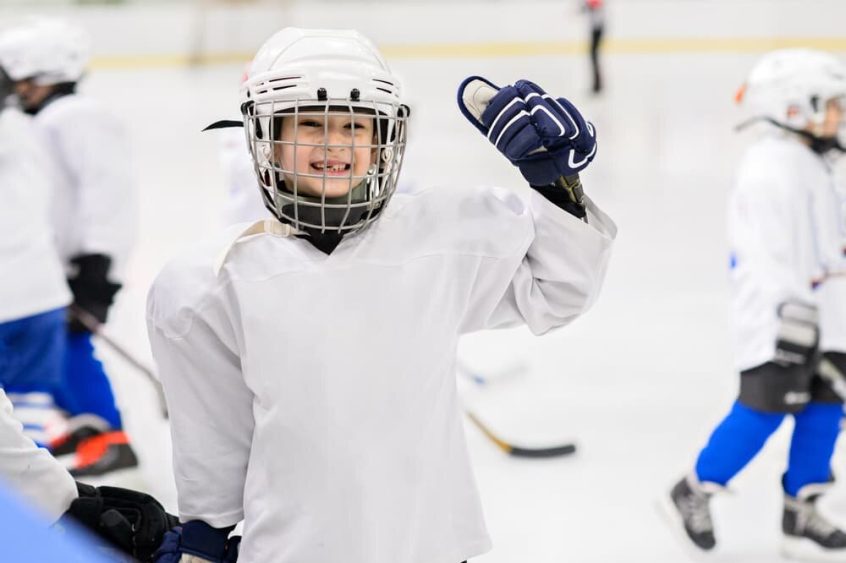While it’s not quite green and flowery outside yet, spring really isn’t that far away. With the eventual change in weather, we’ll be outdoors more often for recreational purposes. Children and teens are particularly active, enjoying youth sports such as soccer and rugby. However, even now, winter-friendly sports such as hockey are incredibly popular.
All present a risk that many don’t like to consider: Traumatic brain injuries.
We should preface by noting that any sport can be dangerous without proper protective equipment, so always ensure your kids have what they need to stay safe and enjoy the game. That said, there’s a significant link between traumatic brain injuries and youth sports. Let’s look at a few examples.
Cycling
Ottawa is a cyclist’s paradise – and an utter nightmare. Infrastructure improvements have been spotty but seem poised to accelerate, and the city has been rocked with many needless injuries and deaths over the years. However, it’s perfectly understandable that cyclists, especially youth and seniors, love taking to the winding paths along the river and through the idyllic greenery of Rockcliffe Park. Traumatic brain injuries caused by bicycle accidents are often due to a sudden, hard collision at speed such as with a car door. Many riders don’t wear a helmet that fits them properly, either, so be sure to ensure your child’s is the right size and provides adequate coverage.
Hockey
The Canadian Hospitals Injury Reporting and Prevention Program (CHIRPP) states that ice hockey is one of the sports that accounts for most of the brain injuries in youths aged 5 to 19; 27 to 44 percent of all injuries associated with the sport. Blunt-force head injuries from flying pucks and whacks from sticks are what make hockey, frankly, one of the most dangerous contact sports. Ample protection and safe playing practices should definitely be prioritized when playing.
Rugby
Another popular Canadian youth sport is rugby, and players are also susceptible to traumatic brain injuries. It’s one of the sports along with hockey that accounts for most brain injuries in the 5 to 19 age range, along with ringette. As a contact sport that can be very aggressive depending on the players’ behaviour, and therefore wildly unpredictable, proper care should be taken to minimize the risk of head-based contact injuries at the very least when playing.
If you know someone who has suffered from a traumatic brain injury, know that Choice Homecare Ottawa can help. With our compassionate caregiving and attentive, experienced and certified professionals, we can ensure a smooth, safe, and comfortable recovery. Contact us for further details.


